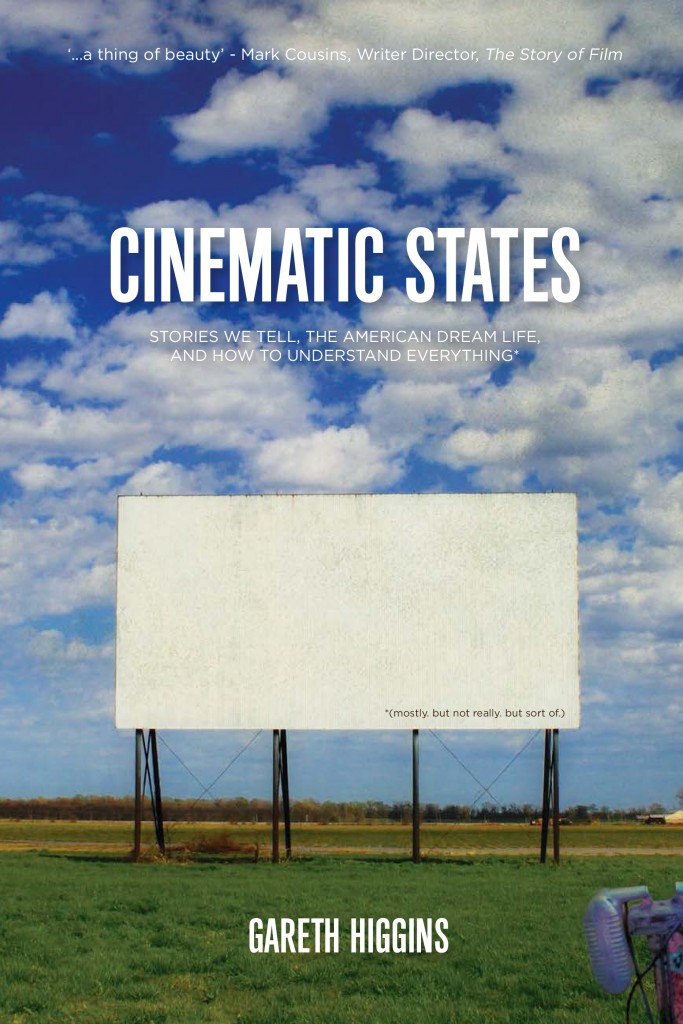
Cinematic States:
Stories We Tell, The American Dreamlife, and How to Understand Everything
by Gareth Higgins
Take 50 states, round them up around the concept of movies
that focus on that state, and explore some of the major themes in these
cinematic productions and you have Cinematic
States by Gareth Higgins. Beyond
mere description, Gareth combines an uncanny knack for seeing the resolute
beauty of a film and the way it captures human nature in all its ugliness,
grace, and forgiveness. With brief
pictures of the film alongside a synopsis of each one, Gareth does a great job
at laying the landscape for each chapter.
Much like Sufjan Stevens in his quest to tell the story of each state in
music, Gareth seeks to elucidate the essence of a state by its films. In this review, I am focusing my own state,
the Show-Me-State Missouri.
Gareth lends his weight to examine Waiting for Guffman, The
Assassination of Jesse James By the Coward Robert Ford, and Kansas City in this
chapter. Writing on the Guffman and
Kansas City, Gareth opines, “Waiting for Guffman and Kansas City are films that
represent the notion of an American artistry that doesn’t depend on an understanding
of the art by outsiders. They are
delirious evocations of that desire within us all to perform, to be seen, to
make the kind of music to which others can dance.” (205) The Show-Me-State slogan is indicative of
these films where ego, perception, and pride swell to the top making universal
the activities of a person hell bent on putting forth a powerful stage
presence. Particularly in Waiting for
Guffman, the worst kind of pride emerges as each character, including Guffman,
rise to the top with their own ideas about putting on a play, whether it be
from a travel salesman, a museum curator, or a supposed playwright. Gareth goes onto indicate that Missouri is
state that wants to be seen while also having six thousand caves to hide in
(208). Which is it? “I want to be famous. I don’t want to be famous. I want to be seen. I want to hide.” (208)
One of the best chapters was the one on Pennsylvania. Gareth comments on the original Rocky by
noting the connection between the rough road Rocky came and the respect he
desires by living. Gareth writes, “Having
devoted the first thirty years of his life to slowly dying in urban desolation,
he’s allowing his outer shell to be pulped into the kind of pupa from which he
can emerge re-born, and get busy living.
Pennsylvania doesn’t care who you are or where you’re from, and
certainly not whether you win. It just
wants you to hand in something you can respect.” (278) Rocky has went through the mire to be crowned
like a king on the other side but would rather train in obscurity and receive
respect. We resonate with Rocky’s struggles
because we have been down the road of lost love, shattered dreams, and broken
paths, and this road has shaped us into who we are today.
I think everyone will find something in this book to
resonate with, to see their own lives through, and ultimately to be moved by
the dramatic themes these movies provide.
Thanks to SpeakEasy and Burnside Books for the copy of this
book in exchange for review.
Comments
Post a Comment